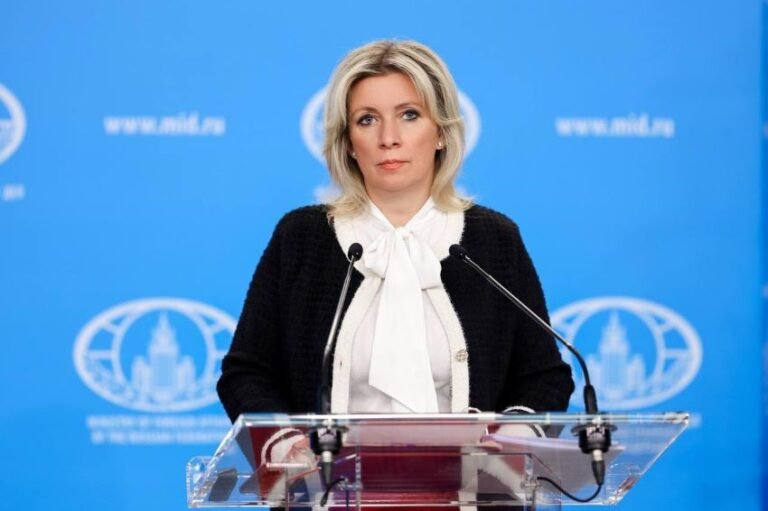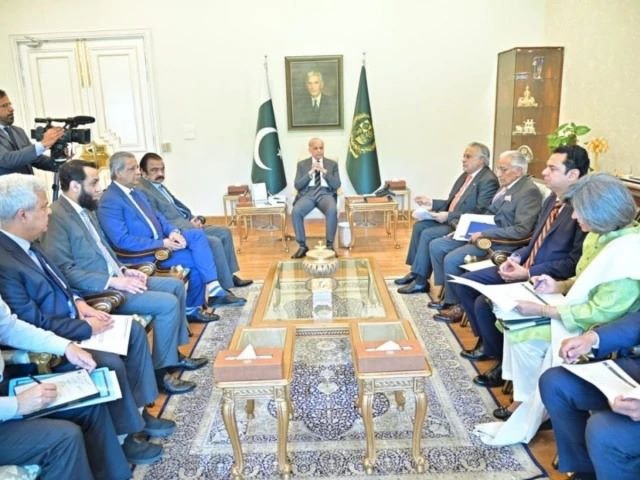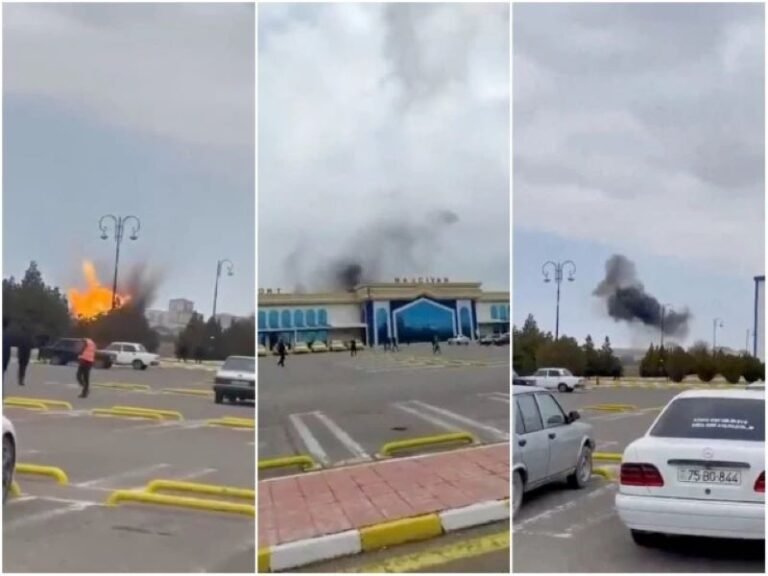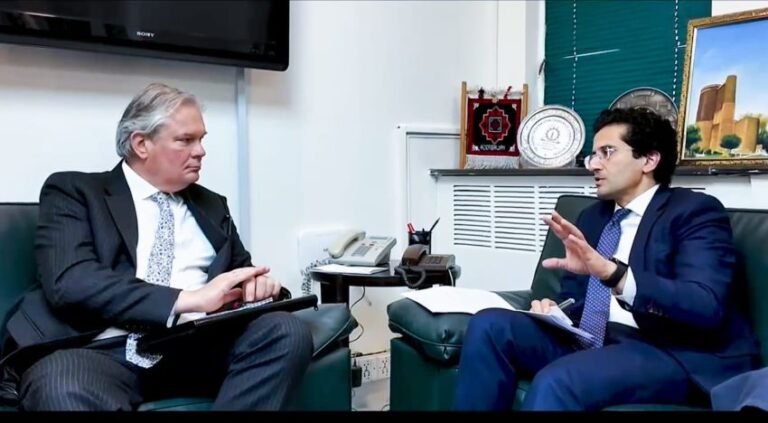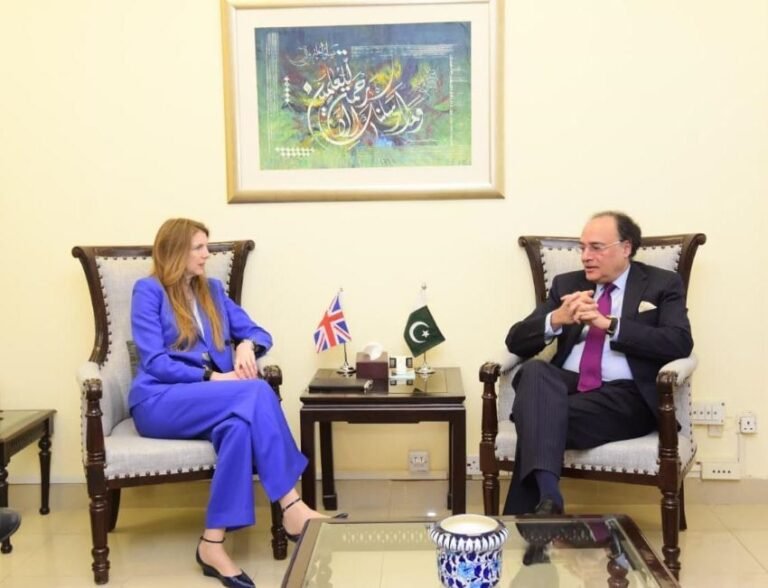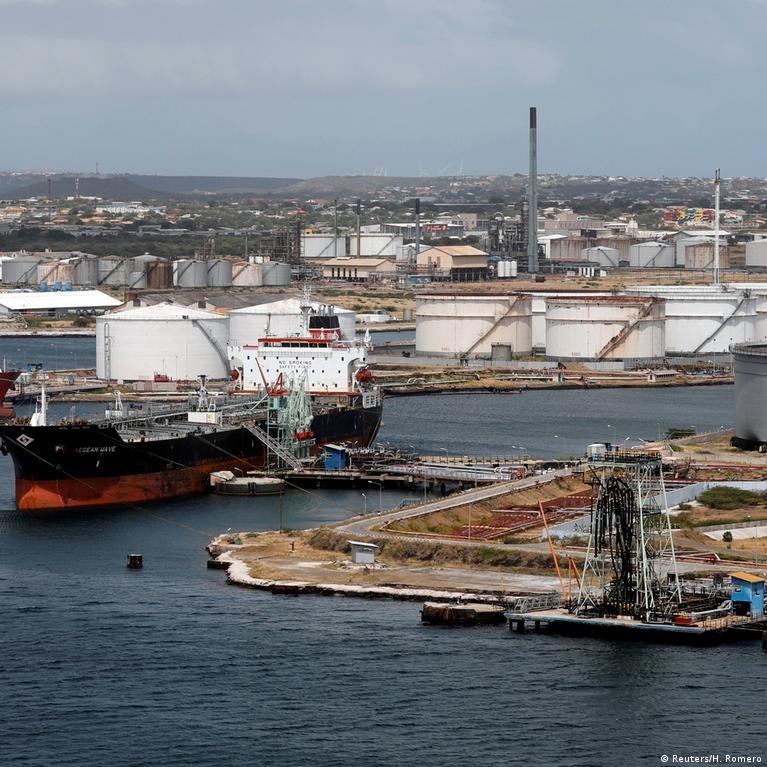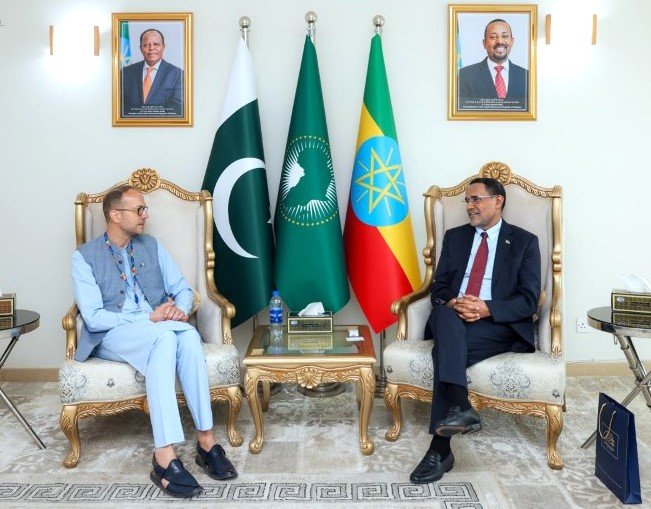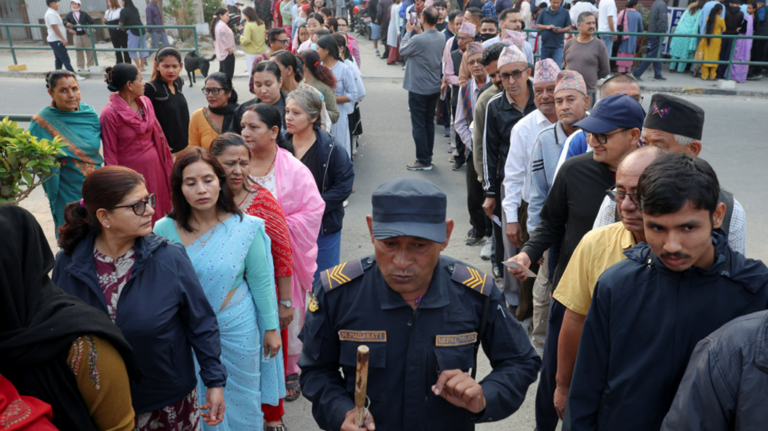Islamabad (TDI): British High Commissioner to Pakistan Jane Marriott has said that the impact of climate change is not gender neutral as women bear the brunt of environmental disasters, making them disproportionately vulnerable to displacement, economic instability, and violence.
In her keynote address on empowering women to fight climate change, Marriott underlined the pressing issue, citing global statistics that 80% of people displaced by climate change were women.
Moreover, women and children were fourteen times more likely to die in climate-related disasters, she added.
Addressing the Breath Pakistan Conference in Islamabad, she stressed that past catastrophes illustrated this stark reality.
During the 2003 European heat wave and the 2004 Indian Ocean tsunami, more women were killed compared to men, she said.
Also Read: FAO Calls for Climate-Smart Farming in SE Asia
The reasons were multifaceted like social expectations, mobility restrictions, and lack of confidence in navigating crisis situations that all contribute to increased vulnerability, the diplomat said.
Climate change affected men as well, but Marriott pointed out that women often faced additional burdens, especially in lower-income regions where they were more expected to depend on agriculture and small-scale enterprises for their livelihoods.
When disasters struck, women often lost their primary sources of income and faced major barriers in accessing financial services, limiting their ability to rebuild and recover, she said.
Marriott said that beyond economic problems, the effects of climate disasters extended to security concerns.
During floods and other calamities, community services such as policing and law enforcement became strained, exposing women to increased risks of sexual and domestic violence, she added.
Also Read: Jane Marriott, UK High Commissioner to Pakistan
In Kenya, for example, a survey revealed that domestic violence increased by 60 percent in areas affected by climate-induced economic hardships, she said.
The British diplomat emphasized the urgency of integrating women and girls into crisis preparedness and resilience planning.
Farkhund Yousafzai is an Associate Editor at The Diplomatic Insight.
- Farkhund Yousafzai
- Farkhund Yousafzai
- Farkhund Yousafzai



